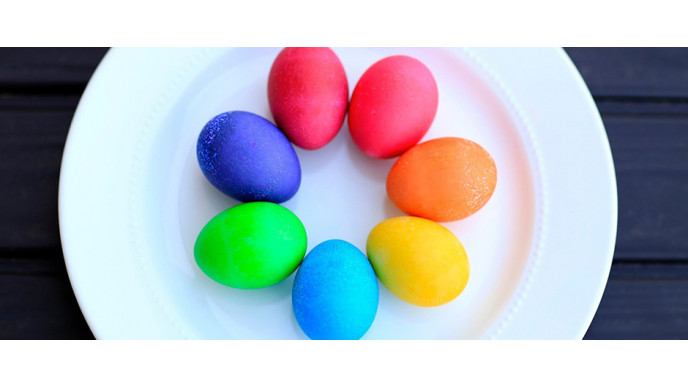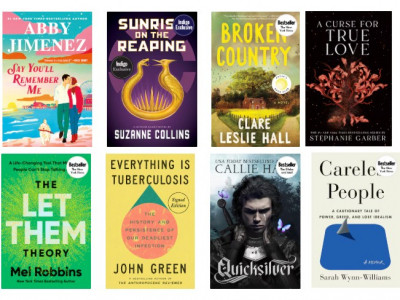Hey Canadians, are you dyeing or hiding eggs this weekend? It's a fun tradition that I think a lot of us will do with our kids, or even just for ourselves! I love dying eggs and displaying them around the house because I just find them very beautiful and festive.
Health Canada wants to remind us of a few egg safety tips to be mindful of when buying, preparing and dyeing eggs this weekend. Here are a few tips I selected from their list:
General Egg Safety:
- Shop carefully: Purchase refrigerated eggs at the end of your shopping trip. Check their best before date and inspect them to make sure they aren't dirty or cracked. Dangerous bacteria can enter a cracked egg.
- Farm fresh eggs: Do not wash farm fresh eggs until you are ready to use them. Washing an egg can remove the protective "bloom" that prevents bacteria from entering eggs and keeps them fresh. The bloom is an almost-invisible coating that dries after a hen lays an egg. It seals pores on the shell to block bacteria and air from getting into the egg.
- Keep eggs cold: Eggs stored at room temperature spoil more quickly than refrigerated ones. Keep store-bought eggs in the original carton in the body of the refrigerator.
- Keep clean: Wash hands, utensils, cutting boards and counters carefully with soap and warm water before and after handling raw eggs. This helps avoid potential cross contamination and prevent the spread of foodborne illness.
Dyeing and Hiding Easter Eggs:
- If you hollow out your egg shells, be sure to wash eggs in hot water first and rinse them in a solution of 1 teaspoon chlorine bleach to ½ cup water.
- Refrigerate the uncooked egg contents immediately and use within two to four days.
- Did you know you can freeze the contents for up to 4 months?
- If you hard-boil your eggs before dying cook eggs thoroughly in boiling water.
- Cool eggs completely by immersing in cold tap water, and make sure they are kept cold before and after they are dyed.
- Use a non-toxic colouring dye to decorate eggs—here are some fun ideas!
- Decorated eggs that have been left out for longer than two hours are not safe to eat and should be thrown away after Easter.
Safety Considerations:
- If you're having an Easter egg hunt, carefully consider where you hide your eggs. Avoid areas where the eggs might come into contact with pets, wild animals, birds, insects or chemicals.
- Be particularly careful with chocolate eggs if you have dogs, it can be toxic for them.
- Be mindful of where you hide your eggs if little kids will be hunting, you know they will climb to just about any height in pursuit of candy!
You can read the full list of egg and Easter safety tips from Health Canada here.
Have a fun, happy and healthy Easter long weekend everyone!






















Comments